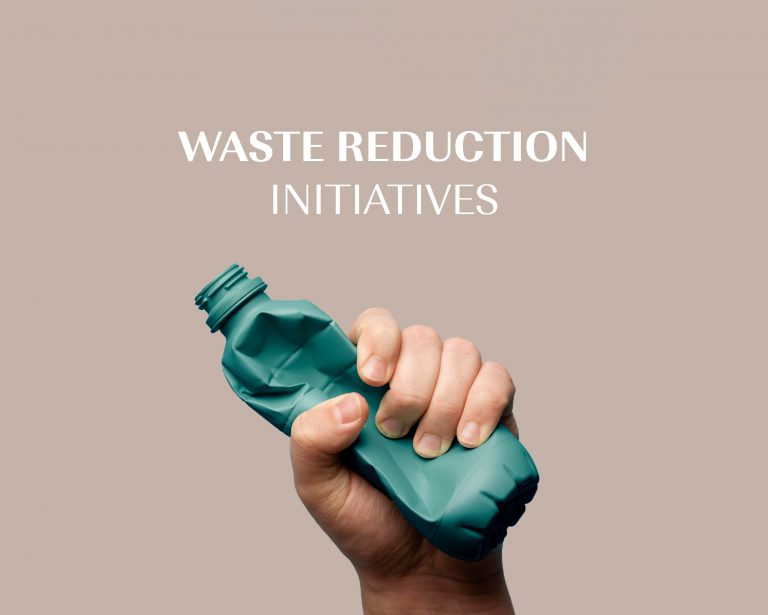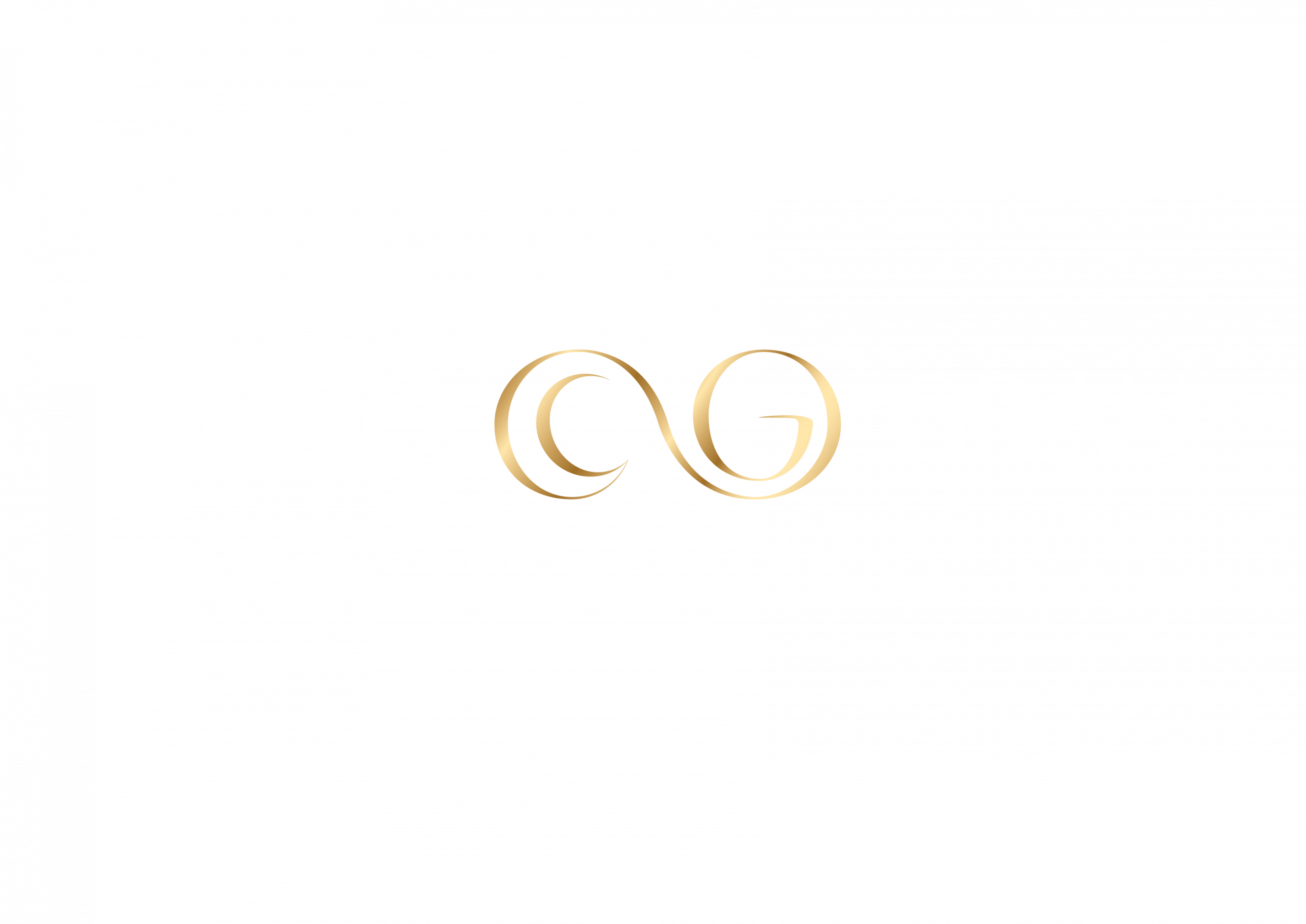Green hospitality: Our sustainable approach to reducing waste
In today’s world, sustainability and environmental responsibility are no longer buzzwords but essential practices for every business. The hotel industry is no exception, with travellers increasingly seeking eco-friendly hotels that minimize waste and promote responsible practices.
At IBB Hotel and Cugó Gran Collection we have setup a waste reduction and management strategy, mainly focusing on three key areas: food waste reduction, recycling practices, and the reduction of single-use plastics.
Food Waste Reduction
Hotels often produce a significant amount of food waste, whether from guest buffets, restaurants, or catering services. Reducing food waste not only benefits the environment but also saves money and resources.
At IBB Hotel and Cugó Gran Collection we have implemented reporting frameworks to report on waste and food waste within our hotels, and are able to measure the food waste out of our kitchens and take action to reduce and divert it. Our main aim going forward is to reduce our food waste by 30% by 2025 and by 80% by 2030.
We plan to do this through short-term and long-term goals. For our short-term goals, food waste is measured by separate bins in the kitchens, so that the different types of food waste can be measured accurately in every establishment.
Based on that, informed decisions are made on how to reduce food waste by being more efficient with produce when preparing meals and changing menus accordingly, as well as changing the way food is served by making better use of ingredients.
On the other hand, our long-term goal is to reduce food waste by 80% by 2030, including food waste diversion such as composting.
Recycling Practices
Recycling is a fundamental aspect of waste reduction in hotels. By implementing efficient recycling practices we will be helping in diverting materials from landfills, conserving natural resources, and reducing our environmental impact.
Whilst we are actively reducing our single-use plastic and food waste, we are also implementing clear recycling policies across all of our hotels. Our main aim is to reduce the percentage of materials that should be recycled compared to overall food waste by 50% by 2025 and 100% by 2030.
We have set different initiatives to achieve these goals including clearly labeled recycling stations that will be set up throughout the hotels to encourage guests and staff to separate recyclables from trash.
Our long-term goal is to recycle 100% of our materials including packaging and containers, as well as get rid of single-use plastic by 2030.
Reducing Single-Use Plastics
Single-use plastics are a significant contributor to environmental pollution. By implementing reporting frameworks to report on waste and food waste within our hotels, we are able to measure our single-use plastic consumption and take action to reduce it.
Our aim is to reduce plastic by 50% by 2025 and 100% by 2030. This will be done by analysing the packaging and containers that are currently supplied to us and figuring out where we can cut out single use plastic from our supply chain. Any new suppliers will continue to be screened and challenged on any single-plastic present in the products supplied to our hotels and restaurants.
In the meantime, our long-term goal is to get rid of single-use plastic completely across all the hotels and replace the last single-use plastic in our supply chain with recyclable and or biodegradable options. In fact, in our hotels, we already have plastic-free amenities and use glass water bottles in the hotel rooms.
The hotel industry plays a pivotal role in sustainable tourism and we can significantly contribute to waste reduction by adopting eco-friendly practices. By focusing on food waste reduction, efficient recycling, and the elimination of single-use plastics, we can promote a greener and more responsible approach to hospitality.
Guests are increasingly looking for hotels that prioritize environmental sustainability, making it not just a moral imperative but also a business advantage for us to adopt these waste-reduction practices. By being eco-conscious, we can not only reduce our environmental footprint but also attract environmentally conscious travellers, contributing to a more sustainable and responsible hospitality industry.
Keep your eyes open for our next actions this year. We have big ambitions for 2023 – and have been accomplishing a series of sustainability goals across the group’s hotels and will continue to do so throughout the whole year.
And if you would like to read more about our other sustainability initiatives for 2023, you can do so here.



